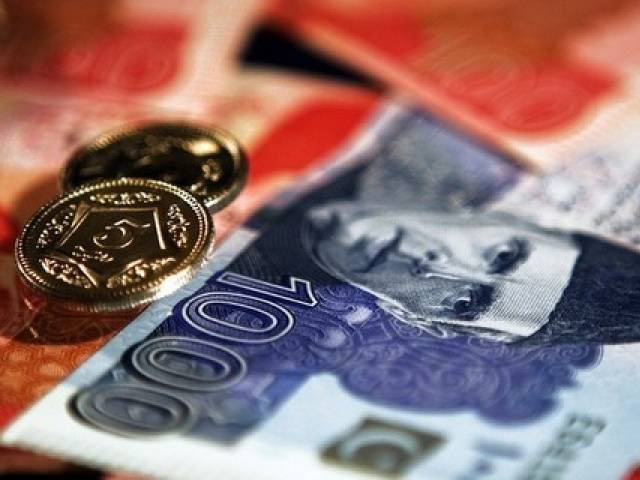by AMER SIAL
The Overseas Investors Chamber of Commerce and Industry (OICCI) has demanded that the super tax should be abolished, corporate and sales tax should be reduced aligned to regional countries, and sought more details on CPEC related industrial zones.
This demand was made by the OICCI Managing Committee President Khalid Mansoor while briefing the media on business confidence survey results, 2017. He said that overall business confidence score declined from 17 per cent in November 2016 to 13 percent in April 2017 as compared to 36 per cent in April 2016.
Mansoor said that the source of concern was related to the sustainability of the security situation and uncertainty of policies, especially electricity and taxation. “The downward trend in the business confidence amongst foreign investors is alarming, considering the current improved economic parameters, government’s focus on improving energy and security situation and a positive fallout expected from the ongoing CPEC projects, he added.
He said that OICCI taxation proposals for the Federal Budget 2017-18 have proposed revamping of withholding tax regime from current 55 rates to 5 rates, incentives for new investments, clarification on jurisdiction and tax deductibility on interprovincial issues like the Workers Welfare Fund (WWF) and Workers Profit Participation Fund (WPPF).
He stressed rationalisation of Minimum Tax (MTR) Regime for large value; for low margin businesses like Oil Marketing Companies, tax policies should ensure a 10 year phasing out period so that foreign investors could base their plans on policies which are predictable and consistent over a reasonable time.
The chamber suggested growth in tax collections should be based on broadening the tax base and bringing new taxpayers into the tax net, implementation of the Tax Reform Commission 2016 report and faster processing of pending income and sales tax refunds.
Commenting on the low level of FDI, Mansoor showed extreme concern and said that though the inflows of Foreign Direct Investment (FDI) to Pakistan has increased by 12.4 per cent to $1.6 billion during the first three-quarters of the fiscal year 2016-17 as compared to $1.425 billion in the corresponding period of the last fiscal year, but the FDI still remained very low, not even one per cent of the GDP of the country.
OICCI represents top 200 foreign investors from 35 countries, including 50 members associated with Fortune 500 companies. OICCI members are some of the largest taxpayers in the country, contributing to over 30 per cent of the total tax collection throughout the country, with over $ 1.5 billion annual investments and engaging around one million people.
OICCI Secretary General Abdul Aleem presented key highlights of its bi-annual business confidence survey, which indicated a downward trend.
He highlighted the key reasons which included negative perception, poor rating in the World Bank “Ease of doing business” survey; taxation system focused on organized sector only with ad-hoc levies like 3 to 4 per cent super tax; gap in investment incentives and policy implementation; insufficient interaction between government policy makers and investors; non-settlement of issues like tax refunds and circular debt; poor implementation of Intellectual Property Rights legislation, and an absence of stable and forward-looking pharma pricing to serve public health goals and exports.
Moreover, there is a growing feeling of over regulations in certain segment of the business and trade.




